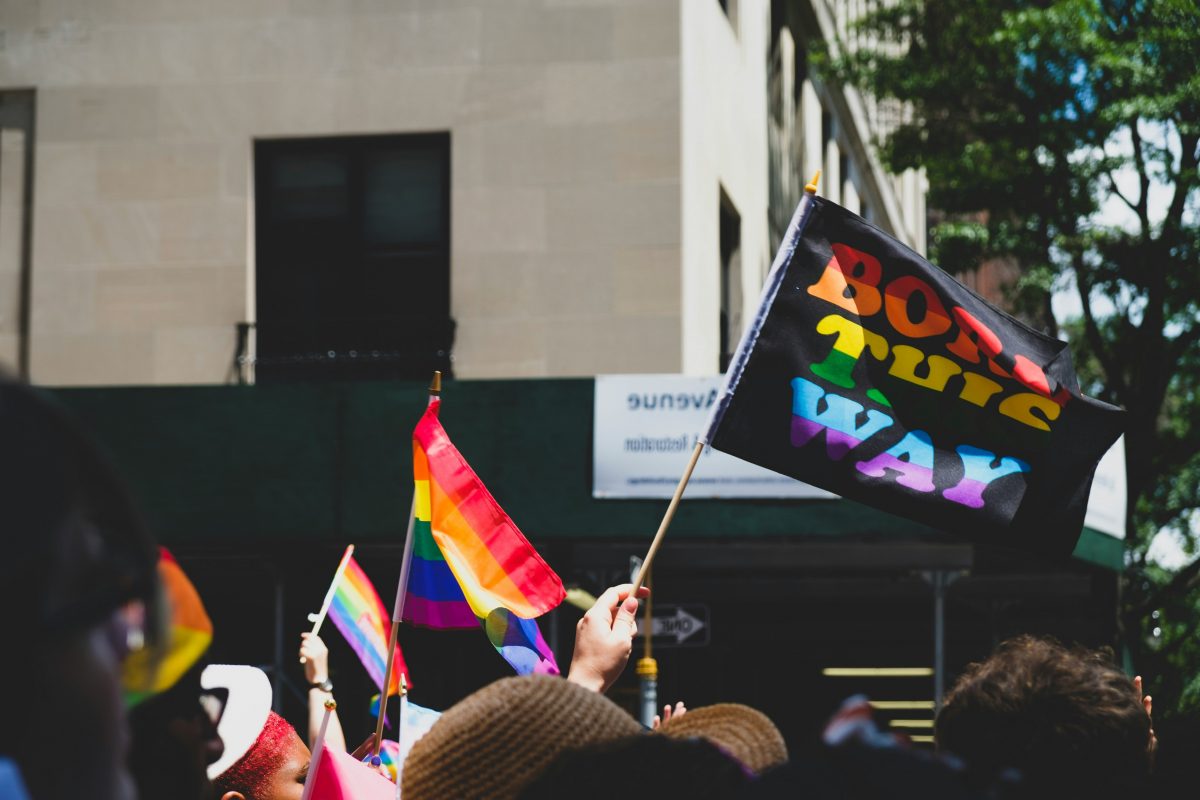The slew of executive orders issued by President Donald Trump on his first day in office has prompted organizations like OUTMemphis to be proactive, and to prepare their communities for the challenges ahead.
Today, OUTMemphis Executive Director Molly Quinn, held a virtual press conference to give “quick information” about the services the organization is offering for extra support to those affected by the orders.
“The new presidential administration has issued several executive orders upon inauguration, including new discriminatory and ill-planned guidance around sex and gender identity,” Quinn said. “We anticipated this as a national LGBTQ+ movement. We’re working very closely with our national and local partners to understand the exact impact — and in what way, and what order — on transgender and nonbinary people in the Mid-South.”
On January 20th, Trump signed a number of orders that tackle topics such as immigration, American citizenship, and more. These orders will adversely affect members of minority populations, including those in the LGBTQ+ community.
Among these orders is one that states “sex” refers to an “immutable biological classification as either male or female.”
“‘Sex’ is not a synonym for and does not include the concept of ‘gender identity,’” the order said. “These sexes are not changeable and are grounded in fundamental and incontrovertible reality. Under my direction, the Executive Branch will enforce all sex-protective laws to promote this reality, and the following definitions shall govern all Executive interpretation of and application of Federal law and administration policy.”
Tennessee already has regulations and restrictions on the state level that are similar to the ones Trump has imposed federally. Last summer, the Sixth Circuit Court of Appeals ruled that residents in Tennessee would not be allowed to change the gender on their birth certificate.
Court documents said “there is no fundamental right to a birth certificate recording gender identity instead of biological sex.” OUTMemphis officials said they are already offering services to help individuals navigate this, as it can be a barrier to accessing social services.
Quinn also said this executive order could immediately impact federal sex-segregated spaces, such as prisons. This would cause transgender women to be transferred to a men’s prison, and transgender men to be transferred to a women’s prison.
The executive order also prohibits federal funds from being used to promote “gender ideology.” This is one of the things Quinn said her and her team are monitoring closely.
“OUTMemphis as an organization benefits from federal programs,” Quinn explained. “We deliver federal dollars for HIV prevention and care, mental health, and housing for youth and adults in the community. All of those programs are based on the idea that LGBTQ people are a protected class with regards to social services.”
OUTMemphis said their immediate focus is their legal clinics and financial resources regarding identification and family rights. They are also looking to expand support systems for minors and teens.
“I think we all know and we all understand the broad spectrum of poor climate for the welfare of young people in our state,” Quinn said. “We have bathroom bans, bad school policy, bad foster policies. We have harmful healthcare policies, and the new federal attacks and stigmatization of transgender people will be particularly harmful to minors and adolescence who are coping with so much.”
Quinn also mentioned that new DEI regulations may also significantly impact organizations like OUTMemphis, as they have benefited from several policy initiatives.
While these orders may be the signal of what’s to come, OUTMemphis said they’re prepared to help individuals access social programs and resources.
“The fight that we have in front of us feels very new, but it truly isn’t,” Quinn said. “We already know how to prepare for Trump. We already know how to prepare for a more hateful state legislature, another wave of corporate bullies, of removing DEI culture within our capitalist systems. This is part of what we’ve done for a very long time.”

